Many practitioners of various kinds are beginning to agree on one thing: there is a very strong link between adverse childhood experiences and adult health problems, mental and physical. Adverse childhood experiences (ACEs) have a tremendous impact on adult victimization, career and educational opportunities, mental illness, addiction, and physical disease, including cancer.
From 1995 to 1997, a series of studies were conducted at Kaiser Permanente known as the ACE study. Over 17,000 individuals were studied, and underwent physical examinations, mental health evaluations, and interviews regarding their childhood experiences. It was found that ACEs were strongly linked to most of the leading causes of death in adults.
They also found that certain groups, such as women, racial minorities, sexual and gender minorities, and those with neurodivergence or disability were more likely to have ACEs.
What is an Adverse Childhood Experience?
The ACEs are divided into 10 categories. If you experienced any of these 10 categories, give yourself a point. 0-10
Before the age of 18, did you experience:
1. Physical abuse
2. Emotional or mental abuse
3. Sexual abuse
Before the age of 18, were you:
4. Emotionally neglected
5. Physically or medically neglected
Before the age of 18, did someone in your family:
6. Attempt suicide
7. Go to prison
8. Get divorced
9. Experience battering
10. Have a substance abuse problem
These are by no means a comprehensive picture of all the adversity a child can face, but these are the data that were used in the study.
About 61 percent of U.S. adults have had at least one ACE, and 15 percent have experienced at least 4.
What Are the Effects of ACEs on a Person in Adulthood?
Opportunity.
A higher ACE score is associated with lower levels of opportunities related to education and career prospects.
Further trauma and victimization.
People with higher ACE scores have higher incidences, in adulthood, of further trauma, including sex trafficking, intimate partner violence, sexual assault, physical assault, injury, sexually transmitted infections, etc.
Physical health problems.
Higher ACEs are associated with physical diseases, including heart disease, cancer, diabetes, maternal health problems (including higher rates of fetal death and pregnancy complications), broken bones, stroke, COPD, etc.
Mental Health Problems.
Higher ACEs are linked with alcoholism, drug addiction, depression, anxiety, suicide attempts, and a variety of other mental health problems. Children who experience ACEs may exhibit symptoms such as ADHD or other mental health or behavioral problems, which are often misdiagnosed and treated improperly.
Social issues.
Adults with higher ACE scores have lower levels of satisfaction related to social circles, including friends and family, and have higher rates of divorce. The intersection of high ACE scores with intergenerational trauma related to racial or other discrimination issues, compounded with lower levels of educational and professional opportunities, may lead to further prolonged stress and trauma in adult populations.
What Can Be Done?
It is our hope to build a future where children have their physical and emotional needs met, and are cared for and safe at all times.
Early intervention is key. When a child is behaving abnormally, rather than treat it as a behavioral issue, it may be vital to consider ACEs, and to provide care for the child that they may not be getting at home. According to research, even having one caring adult may make a difference in a child’s resilience.
What If I’m Already an Adult with a High ACE Score?
Trauma-related disorders, including Complex PTSD, are highly responsive to treatment, but they do not go away on their own, and often do not respond to traditional talk therapy. There are a variety of treatments available for PTSD, including: EMDR, Brainspotting, Somatic Body Work, and Havening.
Conclusion: There is no doubt the Adverse Childhood Experiences are strongly linked with many physical, mental, social, and professional issues in adulthood, and are responsible for many of society’s ills. Early intervention in a child’s life, building a future where children are safe and provided for at all times, and seeking treatment for our own trauma are all necessary elements of a healthier, safer, and happier society.
Lisa Spears, of Thought Reform Thursdays, suggests the five following techniques for recovery specifically related to adverse experiences within the Troubled Teen Industry or other cults:
1. Peer support: make connections with other survivors, those who understand what you have been through, and speak with them regularly about your experiences
2. No (or minimal) contact with Staff/cult members: leave the program behind for good, stop bouncing ideas off of those who will gaslight you, turn your attention to those who are living a different life, who have the kind of resiliency you want for yourself
3. Professional help: Seek out trauma therapy, or help for addictions or mental health issues, from professionals
4. Education: Read, watch, or listen to everything you can about the industry, abusive relationships, trauma, cults, thought reform, mind control, and brainwashing
5. Telling your story: Whether at an individual, group, or public level, “coming out” about your trauma can be extremely healing
Bibliography:
https://pubmed.ncbi.nlm.nih.gov/17347353/
https://www.facebook.com/permalink.php?story_fbid=122317089803902&id=106603474708597


